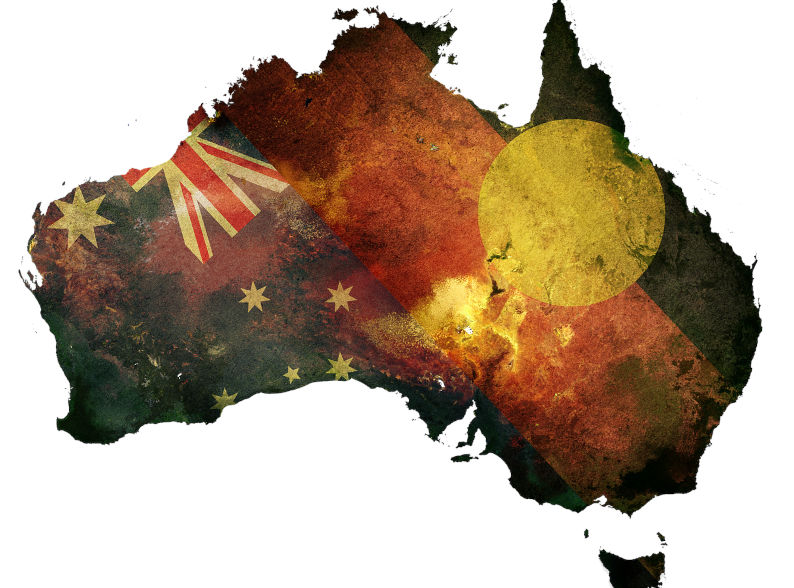The reality that supports the recognition of the Voice
April 2, 2023
Some opponents of the voice are motivated by concern that it undermines the human universalism which is at the heart of liberalism and the heart of Australian democracy. This argument deserves respectful consideration but is not a reason to oppose the voice. Australian democracy has to deal with Australian reality.
Historically the belief in equality and equal citizenship has motivated actions aimed at remedying Aboriginal discrimination and disadvantage. It underlay the success of the 1967 referendum. Supporters of separate Aboriginal medical and legal services in the 1970s saw that what were supposed to be universal service providers often did not provide for Aboriginal people. There were discriminatory and cultural barriers between disadvantaged Aboriginal people and the services that were meant to provide for all.
The end of Australian segregation and the admission to full citizenship after general exclusion since 1788 was a triumph for liberalism and met long time Aboriginal demands for equality.
The next stage in Australia coming to terms with its Aboriginal populations was more difficult because it involved the assertion of specific and different rights for Aboriginal people not on the basis of race but on the basis of their cultural collective status as the original inhabitants and owners of Australia. The demands for land rights and later native title were resisted by some who couldn’t countenance the idea of Aboriginal people having particular and distinctive rights but also by people who believed in human universalism and were opposed to any idea of group rights.
Australia came to terms with the idea of land rights when all parties in the federal parliament supported the Woodward inquiry recommendations for the recognition of land rights in the Northern Territory. The easiest way to understand what was being recognised is to read the judgement of Blackburn J in the Gove Land Rights Case of 1971 where after hearing extensive and detailed evidence about Aboriginal connexion to country he found:
“The evidence shows a subtle and elaborate system highly adapted to the country in which the people led their lives, which provided a stable order of society and was remarkably free from the vagaries of personal whim or influence. If ever a system could be called “a government of laws, and not of men”, it is that shown in the evidence before me.”
Despite that conclusion he was bound by precedent to deny the claim for native title but he along with counsel for the Commonwealth who led the opposition in the case recommended that the federal government should deal with this matter legislatively because the decision that reflected the then law was wrong in principle and should be rectified.
It was rectified with the support of the Coalition and the Labor Party with the Labor Party introducing legislation in 1975 and the Fraser government legislating in 1976. This recognition of land rights was not an attack on equal citizenship rather an acknowledgement of enduring rights of the original inhabitants of Australia.
Subsequently a number of states legislated for land rights in acknowledgement of those enduring rights.
In some States, land rights movements stalled in the face of arguments by the mining industry and sometimes Coalition parties. Hawke withdrew his promise of national land rights in conjunction with premier Burke in WA who had also promised legislation. They backed down in the face of a highly racist campaign funded by the mining industry.
The 1991 Mabo decision of the High Court settled the issue of persisting difference within the Australian legal and democratic system. By a majority of 6 to 1 the Court determined that Australian common law recognises a form of native title reflecting the entitlements of the indigenous inhabitants in accordance with their laws or customs to their traditional lands.
This is what distinguishes Aboriginal people from all other Australians from whatever immigrant group we come. They share equal citizenship with all of us but have distinctive rights and interests.
There is another reality that supports recognition and the Voice. Since 1788, governments have had many different approaches dealing with the original inhabitants. They have waged war on them, segregated them, tried to assimilate them, taken their children their land and their means of sustenance. They have pronounced them to be dying out (remember soothing the pillow of the dying race) and denied them as part of our population and denied them places in our schools and workplaces. It is hard to imagine what more we could have done to see them gone from the face of the earth. But the fact of the matter is whatever has been done to them they have endured. With extraordinary courage and persistence they have survived and maintained their various collective identities.
It has been a triumph of the human spirit. Like native Canadians, Americans, New Zealanders and Scandinavians they have shown they will not be denied their identities. Those identities are an ongoing part of our national fabric. Most Australians see that as a matter to be celebrated. We can be proud to have the world’s oldest living cultures. Our national constitution should recognise this ongoing reality and the need for us to hear their voices as both a practical matter and a recognition of reality.
It is a practical matter because all governments have signed up to the proposition that on matters relating to closing the gaps with Aboriginal people they must work in partnership with them. You can’t be in partnership with somebody you cannot hear. But it goes beyond closing the gap. Some opponents of the voice argue that once we close the gap there is no need for a voice. But the fact is that we will have a continuing Aboriginal presence in our country with particular rights and interests. Of course we need to be able to hear what they are saying.
